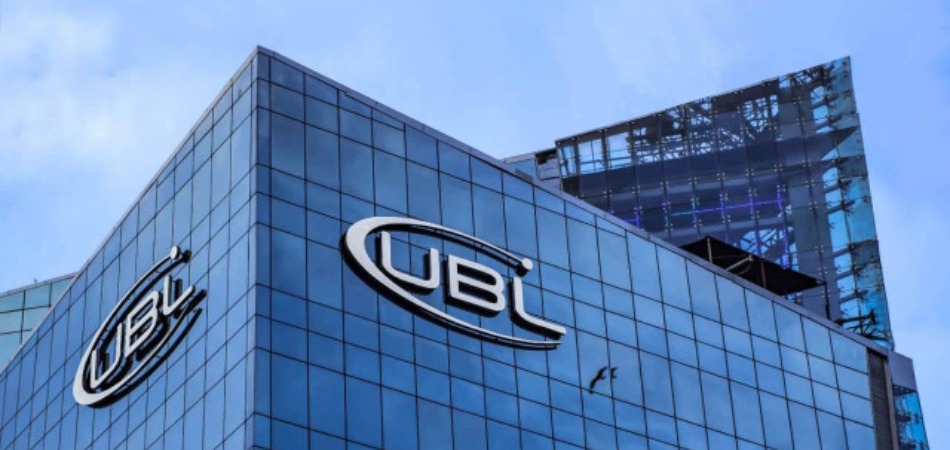Expected revision in gas prices and its implications

MG News | February 22, 2022 at 06:17 PM GMT+05:00
February 22, 2022 (MLN): The government has finally been able to pass two key long-waited amendments in OGRA Ordinance 2002 in both the houses of Parliament, empowering OGRA to notify local prescribed gas prices on a regular basis after considering the cost of local as well as imported gas with less or no government intervention and public hearing.
Also, the cost of RLNG is now included in price determination for local gas prices as the government reclassifies RLNG as “gas” from “petroleum product”. This was essential considering the fact that even though RLNG constitutes only 25-30% of the country’s gas needs, it contributes higher in value terms. Currently, RLNG costs twice as much as local industrial gas.
According to the report by AKD Securities, the revision in the gas pricing mechanism was a long-standing demand of the IMF and will have significant implications for inflation and sectors like Fertilizers, Oil & Gas explorations and Oil Marketing.
“A revision of 15% in gas prices will increase inflation by 9bps however, a phased revision in prices can decrease the flow of gas-related circular debt buildup which has doubled to Rs650bn in the last three years,” the report underlined.
Earlier, OGRA used to notify prescribed prices however governments, due to the political backlash, rarely increased prices which resulted in a continuous buildup of excess cost which was not passed on to consumers. The difference increased significantly since the import of LNG which has increased the cost of gas. Hence, Pakistan has been amongst the largest subsidy providers to gas consumers with an average subsidy for 2019 standing at USD8.1/person against USD0.6/5.1/person in India/Bangladesh.
Even though the bill paves the way for revision in gas prices, the implementation remains a concern as the bill has been passed without taking a consensus from the Council of Common Interests. Moreover, the bulk pass on of arrears built up over a number of years seems unlikely while authorities have also stated that the increase will be in a phased manner, the report highlighted.
As per the report, the development is positive for local energy firms as the revision in gas price can aid in improving cash flows of the whole supply chain involved in the provision of gas, particularly PSO, OGDC and PPL. This will not only allow companies to reduce short term borrowings from their balance sheet but also carry out CAPEX for future growth. Currently, both OGDC and PPL cumulatively have overdue receivables to the tune of Rs534bn.
Fertilizer players would pass on the impact of an increase in the prices of fertilizer feed and fuel gas prices given increased profitability of farmers and the higher disparity between domestic and international prices. A hike of every 10% on feed gas has an impact of around Rs25/bag on urea for Engro Fertilizer Company (EFERT) and Rs36/bag for Fauji Fertilizer Company (FFC), the report said.
However, the aforementioned development is negative for the chemical sector as a hike in gas prices will reduce the sector’s earnings. The hike on EPCL cannot be passed on whose earnings get hampered by around 5.5% on every 10% increase in gas prices.
On the other hand, the cement sector is unlikely to be impacted significantly as a result of the new gas pricing mechanism. while there is no major negative, however, FCCL, LUCK and CHCC are exposed to gas prices and their cost per bag may increase by Rs3-7 which can be easily passed on to consumers. While other players in the sector will benefit.
Lastly, long steel manufacturers will face minimal impact due to gas not being a major part of the input.
Copyright Mettis Link News
Related News
| Name | Price/Vol | %Chg/NChg |
|---|---|---|
| KSE100 | 134,299.77 290.06M |
0.39% 517.42 |
| ALLSHR | 84,018.16 764.12M |
0.48% 402.35 |
| KSE30 | 40,814.29 132.59M |
0.33% 132.52 |
| KMI30 | 192,589.16 116.24M |
0.49% 948.28 |
| KMIALLSHR | 56,072.25 387.69M |
0.32% 180.74 |
| BKTi | 36,971.75 19.46M |
-0.05% -16.94 |
| OGTi | 28,240.28 6.19M |
0.21% 58.78 |
| Symbol | Bid/Ask | High/Low |
|---|
| Name | Last | High/Low | Chg/%Chg |
|---|---|---|---|
| BITCOIN FUTURES | 118,140.00 | 119,450.00 115,635.00 |
4270.00 3.75% |
| BRENT CRUDE | 70.63 | 70.71 68.55 |
1.99 2.90% |
| RICHARDS BAY COAL MONTHLY | 97.50 | 0.00 0.00 |
1.10 1.14% |
| ROTTERDAM COAL MONTHLY | 108.75 | 108.75 108.75 |
0.40 0.37% |
| USD RBD PALM OLEIN | 998.50 | 998.50 998.50 |
0.00 0.00% |
| CRUDE OIL - WTI | 68.75 | 68.77 66.50 |
2.18 3.27% |
| SUGAR #11 WORLD | 16.56 | 16.60 16.20 |
0.30 1.85% |
Chart of the Day
Latest News
Top 5 things to watch in this week
Pakistan Stock Movers
| Name | Last | Chg/%Chg |
|---|
| Name | Last | Chg/%Chg |
|---|




 MTB Auction
MTB Auction